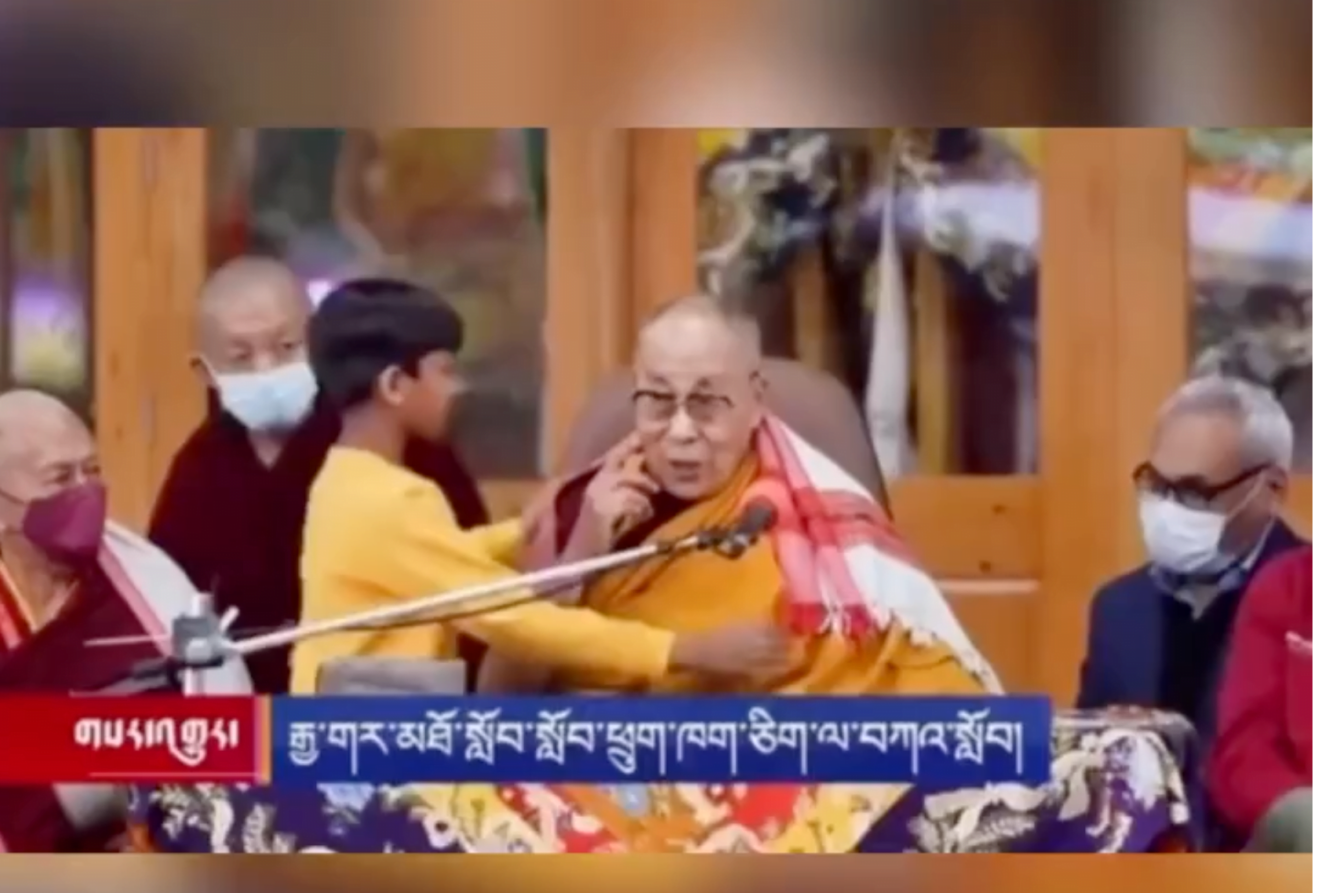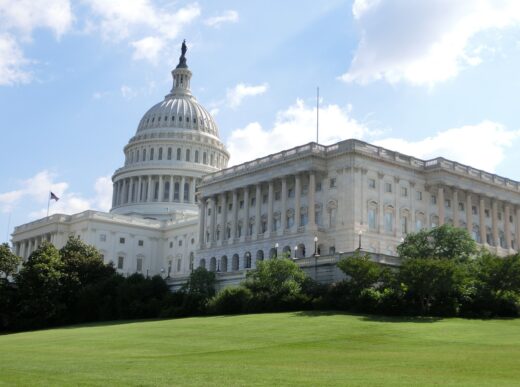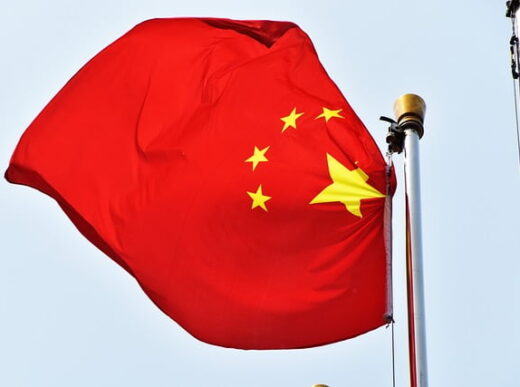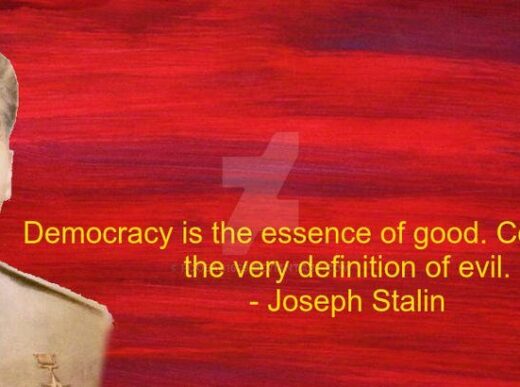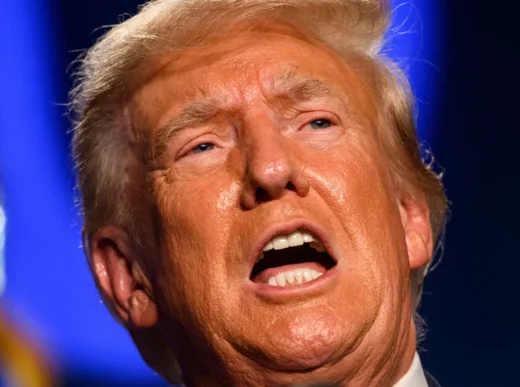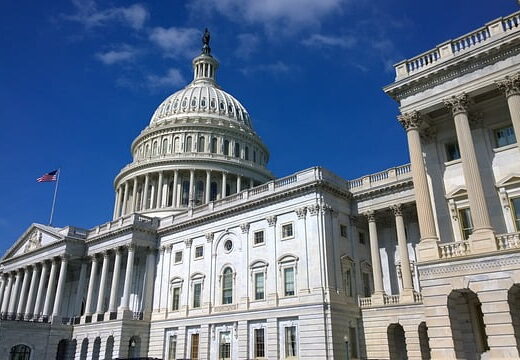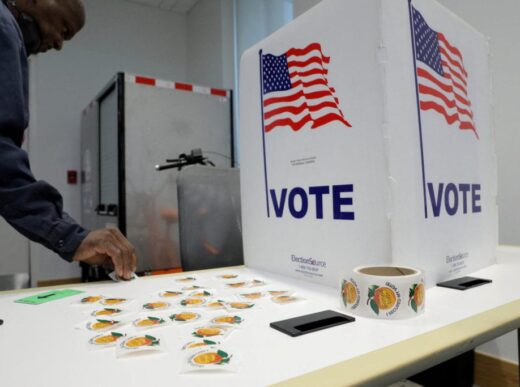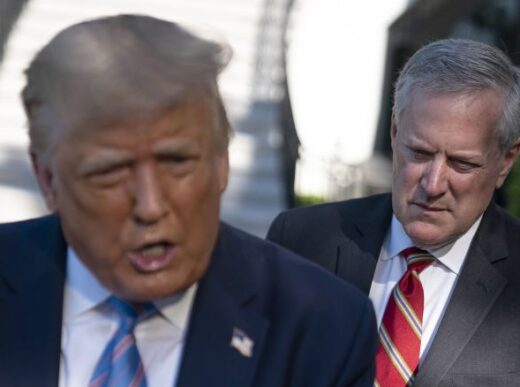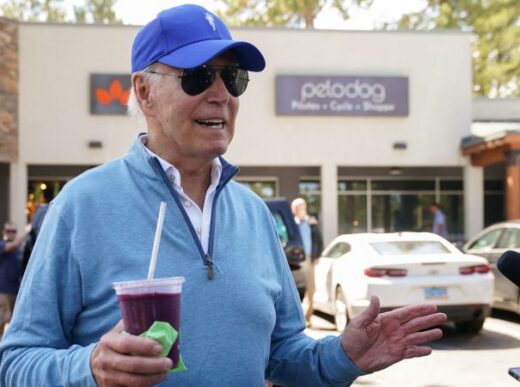In April 2023, a video surfaced on social media showing the Dalai Lama, the revered spiritual leader of Tibetan Buddhism, kissing a child on the lips and asking the child to “suck my tongue” during an event in Dharamshala, India. This incident has led to a heated debate on social media and raised questions about the Dalai Lama’s mental health and the cultural implications of his actions.
The Apology and Cultural Context:
Following the widespread dissemination of the video, the Dalai Lama’s office issued an apology, acknowledging the hurt his actions may have caused. The statement explained that the Dalai Lama often teases people he meets in an innocent and playful manner. However, this explanation has not been enough to quell the controversy, as some argue that the incident highlights a lack of cultural sensitivity or awareness on the part of the spiritual leader.
Mental Health Speculations:
While the incident has raised questions about the Dalai Lama’s mental health, it is crucial to exercise caution when drawing conclusions about someone’s mental well-being based on a single event without proper evidence or a professional diagnosis. The Dalai Lama has been a respected spiritual leader for many years, known for his wisdom and compassion. However, even the most respected figures can make mistakes or engage in behavior that may be deemed inappropriate.
Child Rights Organizations React:
In response to the incident, the Delhi-based child rights group, Haq: Center for Child Rights, condemned “all forms of child abuse.” The organization also argued that even if the act was a cultural expression, it would not be acceptable. This response highlights the importance of considering cultural norms and sensitivities in a globalized world, as actions that may be seen as innocent or playful in one context can be deemed inappropriate or harmful in another.
Accountability and Learning:
This incident serves as a reminder that leaders, even those as respected and revered as the Dalai Lama, should be held accountable for their actions. It is essential to recognize their capacity for growth and learning from their mistakes. The Dalai Lama’s apology, while not erasing the impact of his actions, demonstrates a willingness to accept responsibility and learn from the experience.
Conclusion:
As the debate surrounding the Dalai Lama’s controversial kissing incident continues, it is crucial to balance the need for accountability with the importance of avoiding unfounded conclusions about someone’s mental health. The incident serves as a reminder of the potential consequences of cultural misunderstandings and the importance of empathy and open-mindedness in our increasingly interconnected world.
